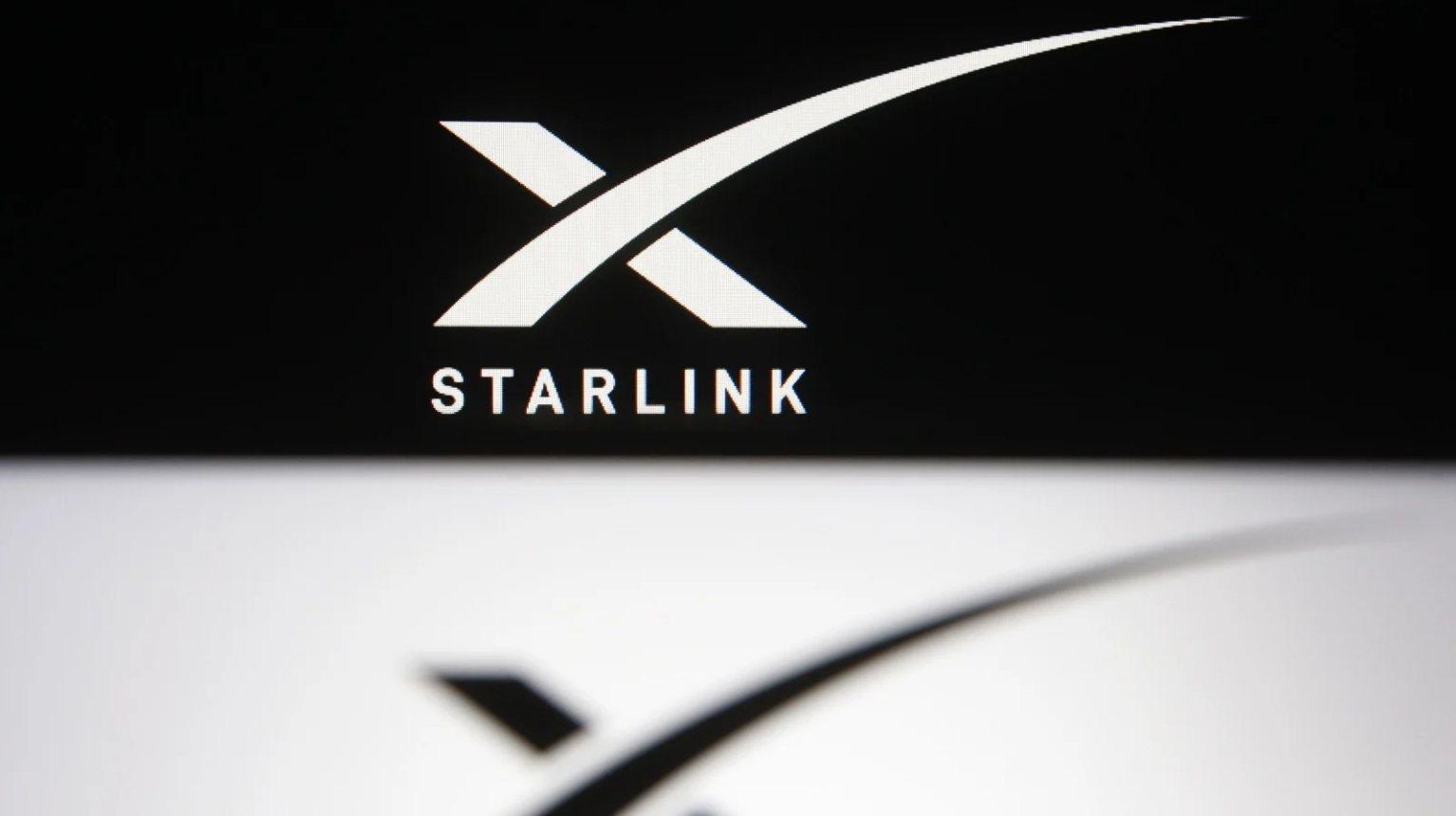SpaceX Preps Expanding Starlink To Serve 'Mobile Users'

The company has sent an application to the FCC to use the 2GHz band to operate a "Mobile-Satellite Service," which will involve augmenting Starlink satellites.
SpaceX’s Starlink is best known for supplying high-speed broadband to users at home. But now the company wants to expand Starlink to serve “mobile users” in remote locations, according to an FCC filing.
On Monday, SpaceX sent an application to the FCC to operate a “mobile satellite service” through the company’s Starlink satellite constellation.
The service would involve using Starlink satellites to beam the communication data to users on the ground, instead of relying on traditional cellular base stations. SpaceX says it has the technology to pull this off after it acquired Swarm, a California startup behind nano-satellites capable of supplying internet connectivity to IoT devices in rural regions.
The company’s plan is to add a “modular payload” on its Starlink satellites capable of using the 2GHz radio band to power the mobile satellite service. SpaceX is now asking the FCC for permission to use the 2GHz spectrum and to begin operating the modular payload.
The application doesn’t offer details on what the Starlink mobile satellite service would exactly look like to consumers. But the company is hinting it’ll involve selling a portable device that can connect to the network.
“Americans are increasingly demanding connectivity wherever they are, whenever they want, and whatever they are doing,” the filing notes. “In particular, they have grown accustomed to being able to connect using small, hand-held devices that they can carry with them or affix to mobile platforms.”
The filing also says that upcoming system will leverage "existing ground equipment and user terminals" for Starlink while adding "new earth-station equipment to optimize performance for consumers." So it's possible the mobile satellite service could be an add-on product for Starlink.
SpaceX also notes that the satellite mobile service “will provide service with latency below 50 milliseconds, which is nearly unnoticeable to consumers.”
“This system will ensure that all Americans —even those in Polar Regions— enjoy the same lowlatency mobile services,” SpaceX wrote. “And consumers are not the only beneficiaries of this improved service. For many Federal users, satellite service is the only communications option to support critical missions. Improving capacity and latency for these users could have significant national security benefits. All of these services are in the public interest.”
The company’s application also takes some digs at Dish Network, which is locked in a regulatory battle with SpaceX over the 12GHz spectrum. In the application, SpaceX notes that while Dish is currently licensed to use the 2GHz band, “there is scant evidence that Dish is actually providing MSS (mobile satellite) service to anyone, anywhere.”
You can invest in SpaceX on Orderbook by getting tokenized shares of the company. Invest as little as $1 with no middlemen and benefit with tokenized stock!